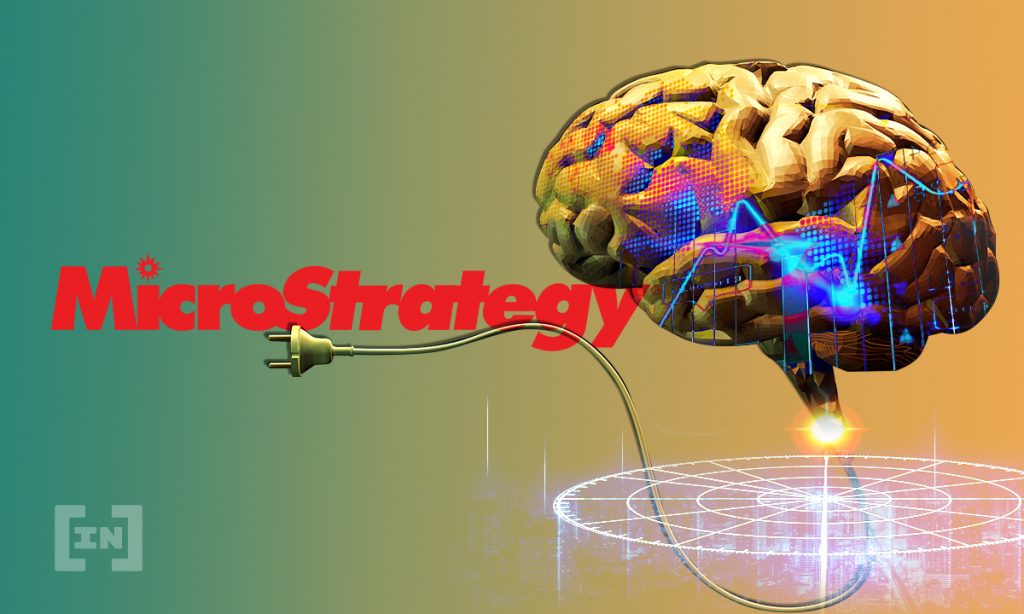MicroStrategy Adds Additional 3,907 Bitcoins to Holdings

In a tweet on Tuesday, Michael Saylor announced that MicroStrategy has bought 3,907 Bitcoins and now holds more than 108,00 BTC.
Business intelligence company, MicroStrategy, has continued its shopping spree of Bitcoin in 2021 and purchased an additional 3,907 BTC with proceeds from ATM facility sales. This is according to a Tweet sent out by MicroStrategy’s co-founder and CEO, Michael Saylor. The tweet itself reads, “MicroStrategy has purchased an additional 3,907 bitcoins for ~$177 million in cash at an average price of ~$45,294 per #bitcoin. As of 8/23/21 we #hodl ~108,992 bitcoins acquired for ~$2.918 billion at an average price of ~$26,769 per bitcoin.”
According to the SEC Form 8-K that was filed along with the purchase showed the acquired coin was bought between July 1 and August 23, 2021. The average price of the purchase was $26,769 per coin. As of this writing, the price of bitcoin is $48,618, up around 5% over the last week and hit $50,000 for the first time since May. Meanwhile, shares of MicroStrategy fell 2.8% after the opening bell Tuesday.
After this most recent spending spree, MicroStrategy now has more than double the bitcoin that any other publicly-traded company on the market with Tesla a distant second with around 42,000 bitcoin held. According to Saylor, it was his influence that caused Elon Musk and Tesla to amass more than $1.5 billion in digital currency.
MicroStrategy continues to buy BTC
The bitcoin acquired by MicroStrategy between July 1 and August 23 was smaller than its previous big spend in June. That mass buy saw MicroStrategy spend almost $500 million to buy a total of 13,005 bitcoin.
Saylor was interviewed recently by ETF Think Tank and stated that his intention was to continue buying bitcoin and the decision to do so has increased MicroStrategy’s brand reach by a factor of 100.
“Bitcoin is one of the most, if not the most disruptive technology of the decade, and it’s disrupting the energy industry, the investment community, the technology community,” Saylor told Dan Weiskopf in the interview. “That means it’s disrupting politics and economics in general. So it gets people’s attention and it’s progressive and it gets people-focused.”
Disclaimer
All the information contained on our website is published in good faith and for general information purposes only. Any action the reader takes upon the information found on our website is strictly at their own risk.













